It sounds straightforward enough: a tennis romance starring Zendaya, idol of the mid-teen demographic and last seen riding a sandworm in Dune: Part Two. She plays Tashi Duncan, a junior player tipped for greatness, who finds herself in a love triangle with two other juniors: spoilt-but-roguish Patrick (Josh O’Connor) and nice-but-needy Art (Mike Faist). You might anticipate a girl-power version of Richard Loncraine’s Wimbledon (2004), with white skirts fluttering in summer breezes, coy glances at a face in the crowd, and a dramatic climax featuring a net rally in a final-set tie-break.
Despite the lengthy game sequences, it’s not a film about tennis
But Challengers is a very different kettle of fish. At the start of the film the players’ careers seem to have already peaked: Art is rich and famous but also badly out of form and short of motivation, while Tashi, her playing days apparently over, is his wife and disgruntled coach. Patrick, meanwhile, is a washed-up journeyman, sleeping in his car at tournaments because he has no money to pay for a hotel.
We flash back to their carefree early days. Art and Patrick are best friends and doubles partners, until Tashi arrives on the scene. She susses them out at once — “How often does this happen? Going after the same girl?” — and explains that her protective parents didn’t send her to a tennis academy because they were worried about boys. Clearly the parents were 100 percent correct, since within a few moments she is — slobberingly and implausibly – simultaneously getting off with both of them and promising her number to whoever wins the next day’s singles match.
With that we plunge into a vortex of jealousy, betrayal, double-crossing, broken friendships and, since a love triangle only has so many permutations, somewhat repetitive sexual intrigue. Will she? Won’t she? Answer: Yes she will, but never for long with the same guy. The film makes no attempt to exit the vortex. The characters spend most of their time loathing each other — and not unreasonably. “You’re the most egotistical person I’ve ever met in my life,” Tashi informs Patrick. Sounds about right. “You snake,” Patrick says to Art. Fair enough.
Occasionally some tennis gets played. Tashi, the perfect athlete — focused, relentless, a figure of concentrated power — lands awkwardly and wrecks her knee. The doctors can’t save it. She sits against a tree and weeps for the end of her career. It’s a promising theme: the vertiginous lives of brilliant young sportspeople with the whole world before them, until they fall off the tightrope. But that story is only ever hinted at.
There are other missed opportunities. Challengers is not a film, though it could have been, about the trials of American meritocracy, in which gifted kids find that success wasn’t what they expected and that a talent for ruthless competition may not be the healthiest preparation for a happy life. It’s also not a film about the complex burdens of adult responsibility, though we get a few shots of Art and Tashi’s daughter being looked after, almost single-handedly, by a stoical grandmother.
And, despite the lengthy game sequences, it’s not a film about tennis either — the psychology of the sport, or its tactics and technique, or its aesthetic appeal. There are a lot of baseline rallies accompanied by a thumping techno soundtrack from Trent Reznor of Nine Inch Nails, which raises your heart rate whether you like it or not; but the tennis is only a platform for a psychodrama which soon begins to test the viewer’s patience. “I’m such a piece of shit,” Patrick explains to Tashi in one pivotal scene, “that I could actually see you for what you are.” Tashi: “What am I?” Pause. Patrick: “A really, really, insanely hot woman.” Stay tuned for equally Proustian insights.
The film aims for tragic grandeur, which is a mistake
In spite of everything Zendaya is pretty good, especially at the cutting deadpan stuff. “I’m really proud of you, Tashi,” Art tells her earnestly after the injury. “You’re doing really well.” “What,” she ripostes, “you thought I was going to, like, kill myself?” More exchanges like that and the film might have had achieved some comedic energy.
Instead it aims for tragic grandeur, which is a mistake. There is a fine line between “fearlessly exploring the darker regions of the human heart” and “all the characters in the film are borderline sociopaths.” Challengers ploughs right through that line which, apart from anything else, creates a structural issue. When everyone is treating everyone else with unsparing cruelty, what sort of resolution can the film possibly attain? Its attempt to solve this problem, in the closing seconds, is so ridiculous that you almost have to admire it.
Still, Challengers is smartly edited, and kept my attention to the very end. It’s partly that pounding soundtrack and partly that the dramatic climax does indeed feature a net rally in a final-set tie-break. Some things, comfortingly, never change.
This article was originally published in The Spectator’s UK magazine. Subscribe to the World edition here.



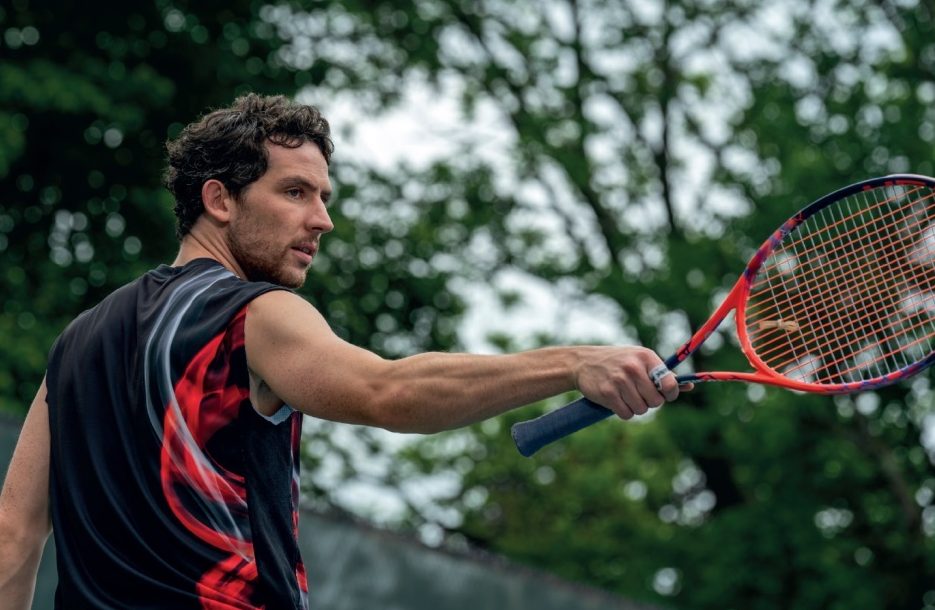


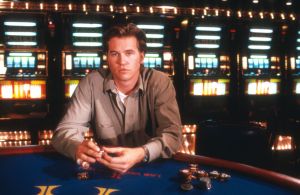



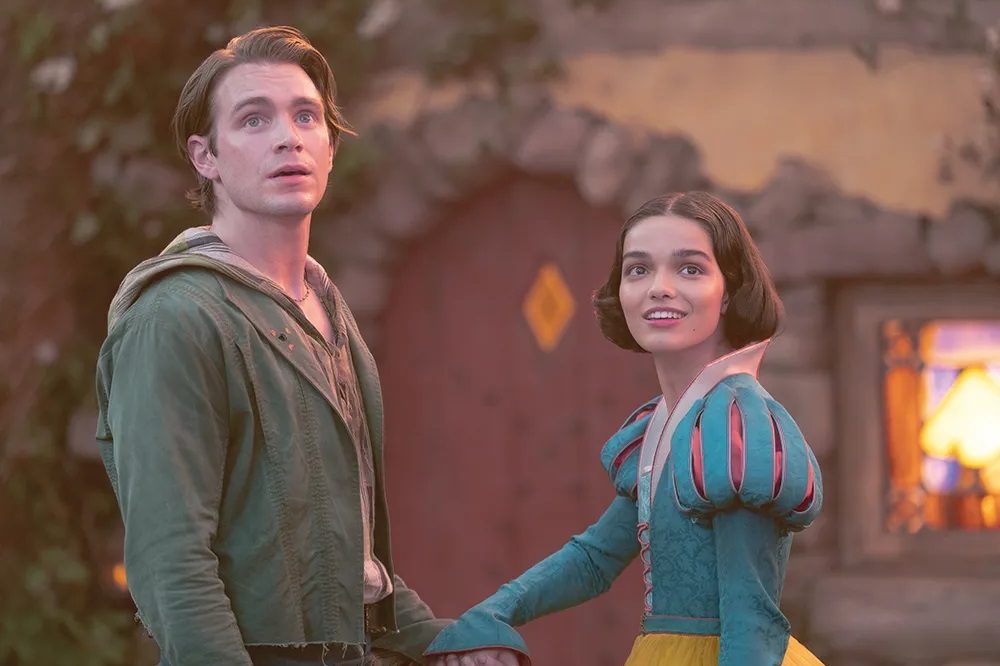
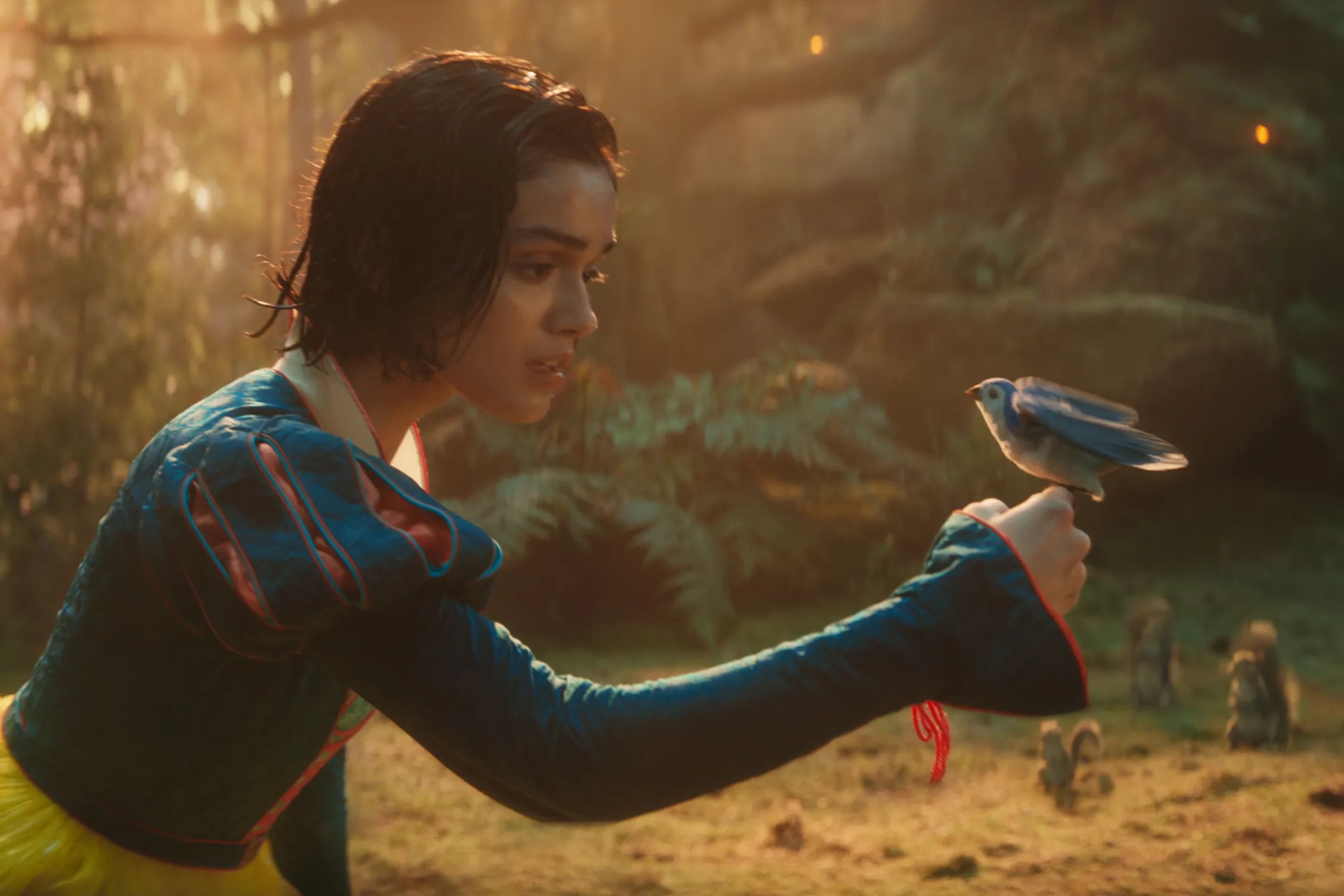


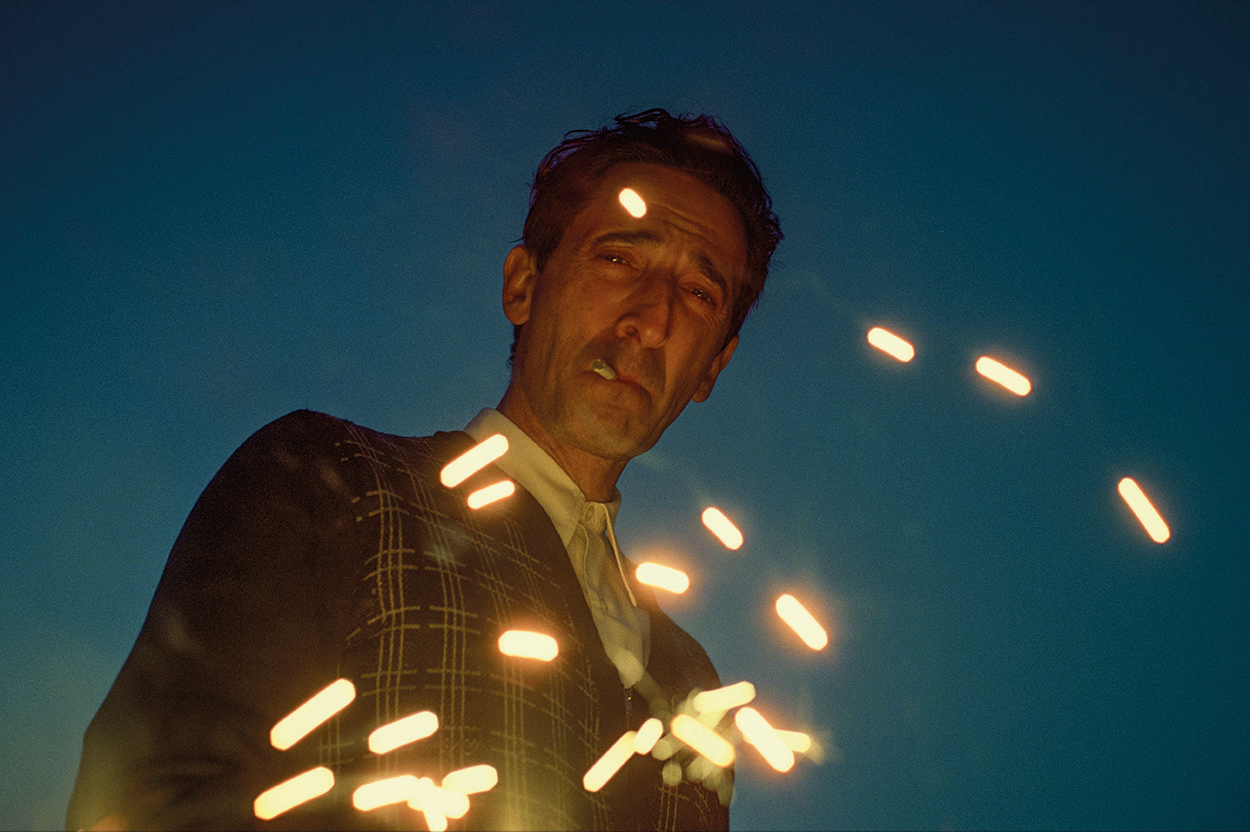







Leave a Reply